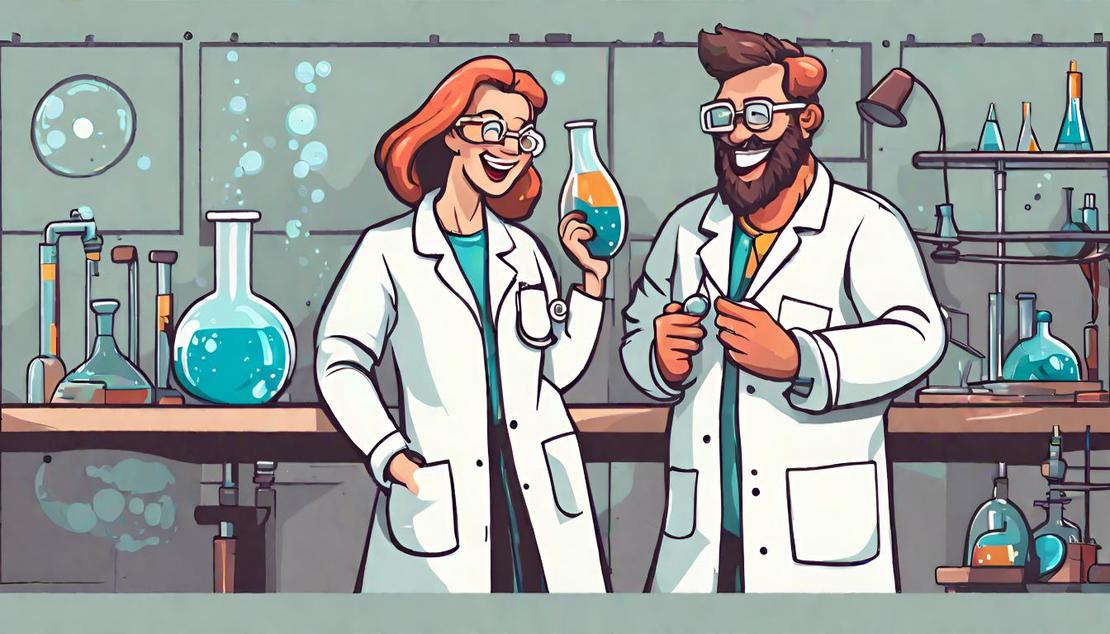The Fallacy of the Perfect Career Path
Maximize impact by maximizing fun
27 April 2024 Michael J. Black 2 minute read

Young scientists regularly ask me for career advice. Academia or industry? Big company or startup? US or Europe? Good scientists in AI disciplines are fortunate to have many choices. But choosing can be stressful. I always give the same advice.
There is no globally-optimal life. There is no sequence of choices in life that will produce the "perfect life" or "perfect career". This is hard to accept but, once you accept it, it's very freeing.
So my advice is to choose the option that is the most fun. Why fun? Shouldn't you maximize future reward? Maximize future options? Maximize impact? Maximize income?
The best work I've done has felt like play. I get almost a giddy excitement from new ideas. There is nothing better than working with good people who share your excitement. If you can find a place where work feels like play, you're very lucky.
It's impossible to measure future reward/options/impact. Income is something you can measure in the moment, but not something I recommend optimizing beyond your basic needs. If you are fortunate enough to be a talented computer scientist in high demand, then money shouldn't be a worry. On a personal note, most of my best career decisions involved taking a pay cut to do something I found exciting.
So why optimize fun?
- Fun and excitement are close cousins. Most people can recognize what they find fun and exciting. This makes excitement measurable in the moment as opposed to future reward/impact/options.
- If you are having fun, you are likely to doing good work. If you do good work, you will have impact and options.
- If you are doing good work, you will likely have fun. So this is self-reinforcing.
- If you stop having fun, it's easy to recognize, and it's time to look for a new job that seems like more fun.
- This is not your last job. Repeat as often as necessary.
Here's the secret: if you take this approach, at the end of your career, you will look back and it will be a series of exciting choices. I don't know how to find a globally-optimal career but this is a pretty good approximation.
The Perceiving Systems Department is a leading Computer Vision group in Germany.
We are part of the Max Planck Institute for Intelligent Systems in Tübingen — the heart of Cyber Valley.
We use Machine Learning to train computers to recover human behavior in fine detail, including face and hand movement. We also recover the 3D structure of the world, its motion, and the objects in it to understand how humans interact with 3D scenes.
By capturing human motion, and modeling behavior, we contibute realistic avatars to Computer Graphics.
To have an impact beyond academia we develop applications in medicine and psychology, spin off companies, and license technology. We make most of our code and data available to the research community.
